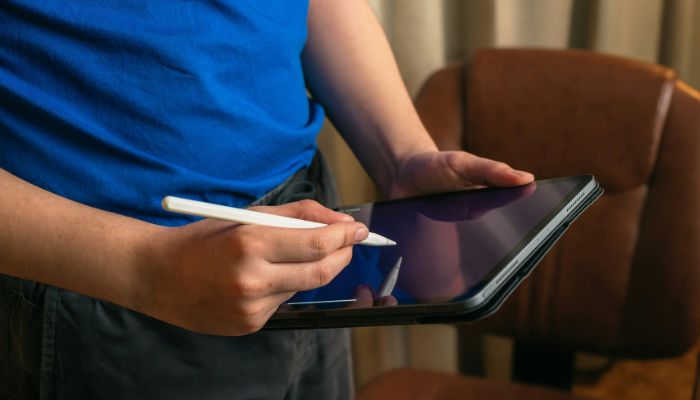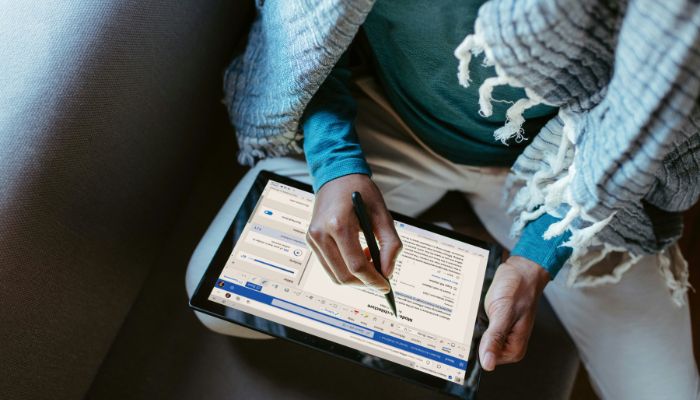
To track an international phone number, one needs reliable tracking software or an online reverse lookup tool. After entering the phone number, including the area codes in international phone numbers, into the software, it will provide location data and potentially reveal the identity associated with the number. Be cautious of jurisdictional challenges, as tracking rules vary in different countries due to their respective privacy laws.
Also, technical limitations due to network coverage can affect real-time tracking information. To ensure safe and accurate tracking, and to understand the implications of privacy laws and the potential issues you may encounter, consider exploring this topic further.
Understanding International Phone Tracking
In the realm of telecommunications, understanding international phone tracking is a crucial aspect. This technology enables the identification of a phone’s location anywhere across the globe, but it raises significant privacy concerns. The tracking process involves the collection of sensitive data, such as the phone’s GPS coordinates, necessitating stringent data protection measures to prevent unauthorized access and misuse.
Location accuracy is another vital aspect of phone tracking. While the technology is incredibly advanced, factors such as network compatibility can affect the accuracy of tracking. Different countries and regions support various network standards, and a phone compatible with one network might not work as efficiently with another, affecting the location accuracy.
Lastly, international regulations play a substantial role in phone tracking. Different countries have diverse laws governing telecommunication and data privacy. Both users and service providers must adhere to these regulations to ensure ethical and legal compliance. However, these regulations also serve to protect the user’s privacy and the integrity of their data. Understanding these elements is key to comprehending the intricacies of international phone tracking.
Legal Aspects of Phone Tracking
Building on our understanding of phone tracking, the legal aspects pose a unique set of challenges and considerations. These include privacy concerns, data retention policies, jurisdictional challenges, and consent requirements.
The legality of phone tracking is a complex issue. It is intertwined with:
- Privacy concerns: Tracking a phone can infringe on an individual’s right to privacy, which is protected under many international laws.
- Data retention: The length of time the tracking data can be stored and who has access to it can also pose legal implications.
- Jurisdictional challenges: Laws regarding phone tracking can vary greatly from one country to another, complicating matters for those tracking international numbers.
- Consent requirements: In many jurisdictions, it is illegal to track a phone without the owner’s consent. Breaking this law can lead to serious legal consequences.
Thus, anyone involved in phone tracking must understand the implications. Each of these aspects brings its own set of complexities, and failure to comply can lead to serious legal implications.
In the next section, we will look at the tools required for tracking.
Required Tools for Tracking

The process of tracking international phone numbers necessitates the use of specific tools. Primarily, reliable tracking software is crucial. This software, often developed by network providers, allows users to trace calls back to their origin. The software’s location accuracy is paramount to its utility, as it can pinpoint the exact geographical location of the caller.
A reverse lookup tool is another essential element in tracking international numbers. This tool allows users to cross-reference the number, providing details, such as the country of origin and the network provider associated with the number. It is important to note that the efficacy of these tools may vary depending on the privacy laws in different countries.
While these tools can be instrumental in tracking international calls, privacy concerns cannot be overlooked. Users must ensure that their use of tracking software and reverse lookup tools complies with international privacy laws and regulations. This compliance relies on a thorough understanding of the legal landscape surrounding phone tracking. As such, it is always recommended to consult with a legal professional before embarking on international number tracking.
Steps to Track an International Number
Before you begin tracking an international number, it’s essential to gather all necessary tools and have a clear understanding of the process. The goal is to trace location, use software, verify identity, monitor activity, and protect privacy.
Here’s a simplistic step-by-step guide:
- Step 1: Start by using software. There are numerous online platforms and apps designed specifically for this purpose. Choose one that is reliable with good reviews. Some of these tools can trace the international number’s location.
- Step 2: Input the international number into the software. This should generate data related to the number, including its geographical location.
- Step 3: Verify the identity associated with the number. The software may provide information such as the name of the individual or organization registered to the number.
- Step 4: Monitor activity. Some tracking software allows you to see call or text logs. This can be useful in identifying patterns or determining the nature of the number’s usage.
- Step 5: Take steps to protect your privacy. Be sure to use a secure connection when accessing the tracking software and avoid sharing the results with untrusted parties.
Troubleshooting Common Issues

Occasionally, users might encounter issues when trying to track an international number. One common problem is privacy concerns. Tracking international numbers can be complex due to varying privacy laws across countries. International regulations on data privacy can limit the availability and accessibility of certain information, making tracking more difficult. For those who prefer not to engage in international tracking, blocking overseas phone calls provides an alternative solution. This can help reduce the risks and complications associated with international phone interactions.
Another prevalent issue is data accuracy. The results of tracking can sometimes be inaccurate due to technical limitations in the tracking system. These inaccuracies can stem from outdated databases, errors in data entry, or glitches in the system.
Network coverage is another factor that can affect the ability to track an international number. In areas with poor network coverage, it might be more difficult to obtain accurate and real-time information about the number’s location.
Lastly, there are technical limitations to consider. Despite technological advancements, some tracking systems might not be sophisticated enough to accurately track international numbers, especially if the number is roaming, switched off, or in an area with minimal or no network coverage.
In dealing with these issues, users must understand the limitations of the tracking process and adjust their expectations accordingly.
Tips for Safe and Effective Tracking

Navigating the world of international phone number tracking requires a mix of diligence and knowledge. With the proliferation of online resources, tracking an international number has become easier. However, privacy concerns are paramount, and you must ensure that any tracking is done ethically and legally.
Data accuracy is a critical factor in tracking. An incorrect or outdated number can lead you on a wild goose chase. Reliable online resources can help verify the accuracy of the tracked data.
Phone compatibility is another aspect to consider. The tracking method should be compatible with both the tracker’s and the tracked party’s phones. This ensures smooth and effective tracking.
Lastly, reverse lookup is a useful tool in your tracking arsenal. It lets you identify the owner of the phone number and can provide additional information such as location.
Here are some tips for safe and effective tracking:
- Always respect privacy laws and personal boundaries.
- Use reliable online resources to ensure data accuracy.
- Check phone compatibility before initiating tracking.
- Employ reverse lookup to gather more information about the tracked number.
Conclusion
Tracking an international phone number can be a useful tool in a globalized world. Understanding the legal aspects, necessary tools, and steps for tracking, as well as troubleshooting issues, are essential for successful tracking. It is crucial to use this technology responsibly, respecting privacy and legal boundaries. This guide serves as a comprehensive source for those seeking to track international phone numbers effectively and safely.
FAQs
How can I find out who owns an international phone number?
You can find out who owns an international phone number by using reverse phone lookup services. These services allow you to enter the phone number, including the country code, and search for information about the owner. Some of these services also provide details like the location and carrier of the number. Additionally, online directories can help, as they list numbers from various countries. You might also try searching the number on social media or using search engines to find more information.
Is it legal to track an international phone number?
The legality of tracking an international phone number depends on the laws in your country and the country where the phone number is registered. Generally, using publicly available resources like reverse lookup services is legal, but actively tracking someone’s location or personal details without their consent can be illegal. It’s important to respect privacy laws and ensure that you’re not violating any regulations. If in doubt, consult legal advice before attempting to track an international phone number.
How accurate are geolocation services for tracking phone numbers?
Geolocation services can be somewhat accurate, but their precision varies. These services often rely on the location data associated with the phone number’s registered address, which might not reflect the phone’s current location. They can provide a general idea of the region or country, but they might not pinpoint an exact address. For precise tracking, more advanced tools or professional services may be required, but these often come with legal implications.
What should I do if I receive a suspicious international call?
If you receive a suspicious international call, do not answer it, especially if you don’t recognize the number. Scammers often use international numbers to trick people into returning the call, leading to high charges or fraud. You can use a reverse phone lookup service to check the number. If the call continues, consider blocking the number and report it to your phone provider. It’s also a good idea to be cautious with any personal information and to avoid sharing it over the phone unless you’re sure of the caller’s identity.